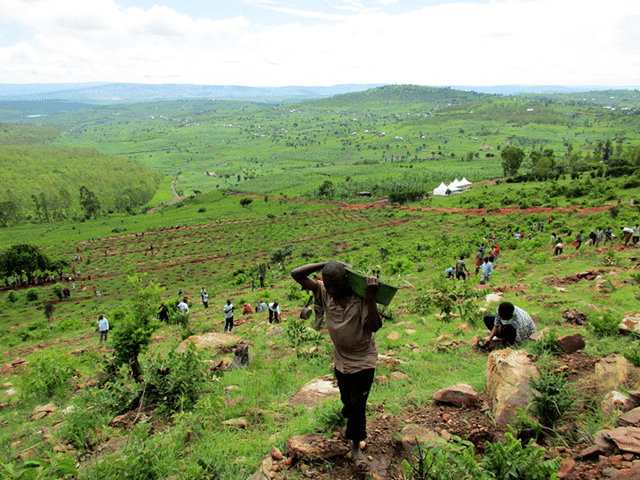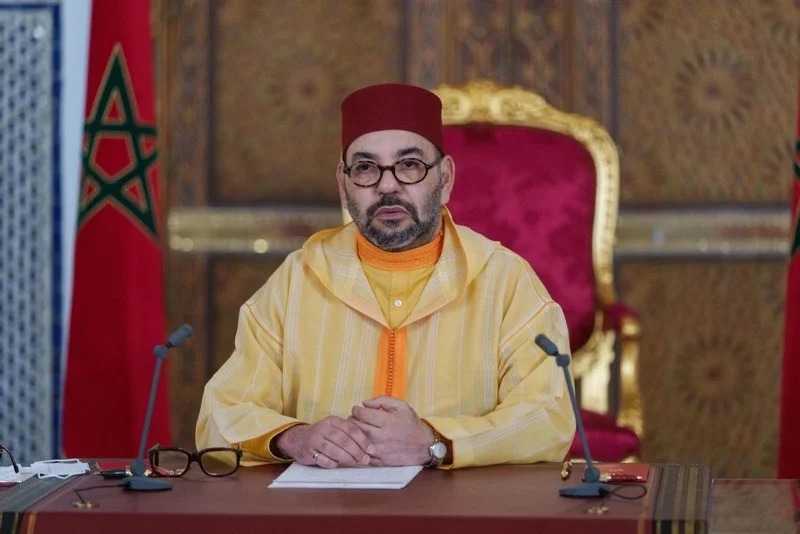Delegates have called for stronger collaboration to accelerate the global expansion of agroforestry as Rwanda hosts the sixth World Congress on Agroforestry.
The event, which will run from Monday to Friday in Kigali, Rwanda’s capital, has drawn more than 700 participants from across the world, including farmers, researchers, policymakers, private sector leaders, civil society groups, and youth representatives.
Speaking at the opening ceremony on Monday, Patrick Worms, president of the International Union of Agroforestry, said the return of the event to Africa carries both symbolic and practical significance.
“Agroforestry as a modern science was born in Africa. As a practice, it is still most prevalent here. While agroforestry as a congress has traveled around the world, it is now coming home, and I am glad it is doing so,” he said.
Held under the theme “Agroforestry for People, Planet, and Profit,” the congress serves as a platform for sharing knowledge and innovations that advance sustainable agriculture, climate resilience, and inclusive economic growth. It aims to strengthen partnerships among researchers, governments, the private sector, and farming communities to integrate agroforestry into local and global development agendas.
Rwanda’s Minister of Environment Bernadette Arakwiye said hosting the congress allows the country to highlight how tree-based farming systems can transform rural livelihoods.
“Agroforestry is a pathway to sustainable development, protecting ecosystems while creating opportunities for communities to thrive,” she said. “This congress also allows Rwanda to share its experiences and learn from global partners, turning knowledge into practical action for people and the planet.”
According to organizers, the event also seeks to promote evidence-based solutions that can be scaled up to support smallholder farmers while protecting biodiversity and improving food and nutrition security.
Cheikh Mbow, director general of the ecological monitoring center at Senegal’s Ministry of the Environment, said that building the future of agroforestry requires a multisectoral approach, with various sectors working hand in hand toward shared goals.
Eliane Ubalijoro, chief executive officer of the Center for International Forestry Research and World Agroforestry, said: “Agroforestry begins and ends with people. From farmers to consumers whose choices sustain us, it thrives through partnership when science, policy, business, and community work as equals toward a shared aim.”
Sandrine Urujeni, chief operations officer of Rwanda’s National Agricultural Export Development Board, stressed that agroforestry must also deliver tangible economic benefits. “For agroforestry to truly benefit farmers, it must deliver additional profits by effectively bridging research, policy, and private-sector investments, ensuring that the knowledge and opportunities reach those who practice it,” said Urujeni. Enditem
Source: Xinhua
Share Us




